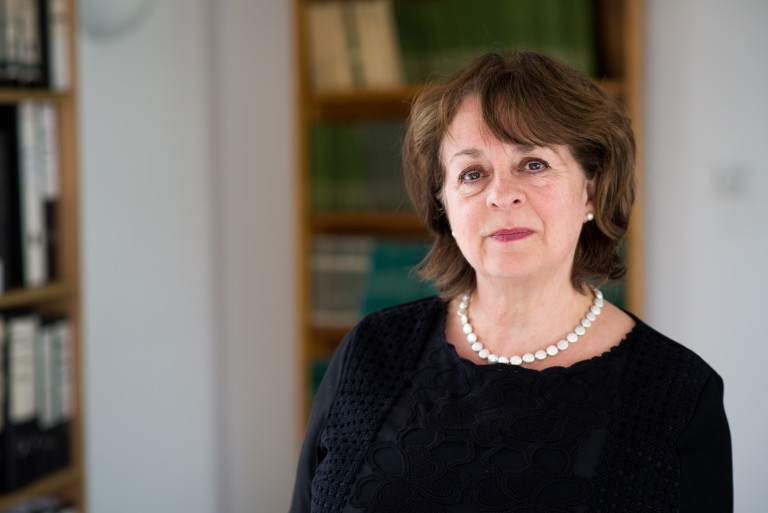Howard League blog · 1 Sep 2021
Making Black Lives Matter in the Criminal Justice System

Two months ago, the Howard League published a practical guide for antiracist lawyers. The guide outlines some of the discrimination faced by Black defendants within the criminal justice system and wider society. Biased perceptions of Black defendants and Black people generally can result in disproportionately adverse outcomes. Judges, magistrates, prosecutors and, sometimes, even defence lawyers can unconsciously discriminate against Black defendants. The guide is a tool. It is designed to raise awareness of the issues and to assist lawyers to provide robust and effective representation for their clients.
The Howard League produced the guide in association with Black Protest Legal Support and in consultation with an expert advisory group. Garry Green, barrister at Doughty Street Chambers and a member of our advisory group, recently highlighted the use which can be made of the guide in court. Garry spoke about the guide and his own legal practice at our launch event, which can be watched back online here.
Garry used the guide for the first time in a sentencing hearing at the Crown Court. The judge acknowledged the value of the information. It helped to place his client’s life experience in context and ultimately had a positive impact on the sentence.
The experience of Garry’s client epitomised the “accumulated disadvantage” described in the Howard League guide. He had been excluded from school, as Black boys disproportionately are. His father had been imprisoned and his mother left financially destitute. Social Services had been involved but had failed to meet the family’s needs. The client was young but had experienced significant trauma, most tragically when his young baby died in his arms. Ironically, the client’s “criminal” associates paid the funeral expenses.
As the Howard League guide explains, the criminal justice system currently fails to recognise the accumulated disadvantage which is produced by structural racism and economic inequality for what it is: important mitigation. Black defendants’ friendships are often misrepresented as criminal lifestyle choices. Financial desperation is overlooked, as are the failures of statutory services like education and children’s social care. These accumulated unmet needs are too often ignored and instead presented as a series of wilfully bad and “risky” choices.
The pre-sentence report for Garry’s client fitted into this pattern. It portrayed him as someone who had inexplicably chosen to associate with criminals (the friends who had paid for his baby’s funeral). The report detailed the client’s experiences but failed to recognise their consequence. Critically the report failed to place the client’s behaviour in its proper context. Garry used the guide to communicate to the judge the structural disadvantages his client had faced. He submitted that if they were ignored, an unduly harsh sentence could result.
The guide helped the judge to contextualise the defendant’s experiences and better understand his conduct. The judge expressed gratitude for being referred to the guide. In her sentencing remarks she indicated that she had found it hugely helpful in reaching an appropriate sentence.
Without our guide, the understanding and determination of a skilful advocate like Garry who was willing to use it, this client was at risk of being unfairly punished for a history of disadvantage and personal tragedy which was capable of being misunderstood.
Over the months and years to come, I am hopeful that many more practitioners will use our guide to set their clients’ cases in appropriate context and to prevent misinformed and unjust sentencing decisions. Until we all begin to challenge systemic racism in our day-to-day work, Black people will continue to experience punitive treatment and worse outcomes at every stage of the criminal justice system.
Comments
Leave a Reply
-
Join the Howard League
We are the world's oldest prison charity, bringing people together to advocate for change.
Join us and make your voice heard -
Support our work
We safeguard our independence and do not accept any funding from government.
Make a donation
Again, I feel very heartened by the knowledge that Frances Crook has a warm and compassionate heart and shows it by her posts on here.